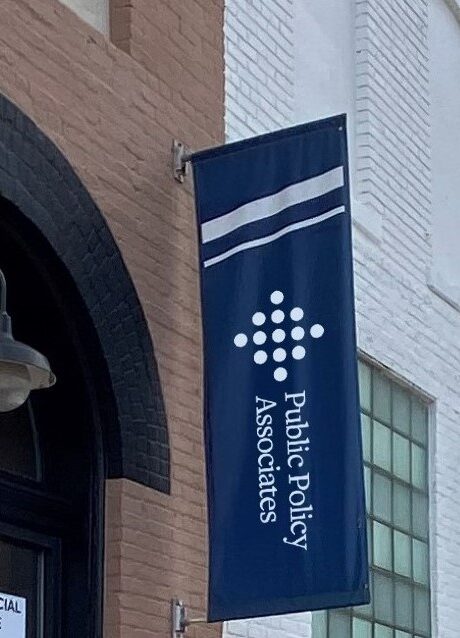 Daniel Quinn, Ph.D., came to Public Policy Associates after a long career as an educator and advocate. He is a leader on PPA’s education team and brings a rich set of personal experiences to his work. He started his career as a high school social studies teacher for 19 years. He was also a scholar-athlete in college and coached high school cross country and track for 13 years—twice recognized as Macomb Area Conference coach of the year.
Daniel Quinn, Ph.D., came to Public Policy Associates after a long career as an educator and advocate. He is a leader on PPA’s education team and brings a rich set of personal experiences to his work. He started his career as a high school social studies teacher for 19 years. He was also a scholar-athlete in college and coached high school cross country and track for 13 years—twice recognized as Macomb Area Conference coach of the year.
Beyond teaching, Dr. Quinn was also an advocate and elected leader in his local, state, and national unions. He served for three years as an elected board member of the National Education Association in Washington, D.C., where he advocated for research-based change in schools and met regularly with policymakers across the country to inform them on the importance of public schools.
What made you decide to move into research?
I have long believed that effective polices are based on good research. In 2012, I was asked by a group of national education leaders to take on the role of executive director of the Great Lakes Center for Education Research and Practice (GLC), where I supported high-quality policy research by funding and disseminating research papers and reviews of research. The GLC was one of the only non-partisan research organizations dedicated to reviewing think tank policy reports using rigorous research standards. It was during my time at the Center that I developed a passion for research and saw a need for experienced educators in the field of education policy. I went back to graduate school and earned a Ph.D. in educational leadership focused on education policy and public administration.
Is there a particular area of research that interests you?
My doctoral work was on policy implementation, investigating the intersection of policies, people, and places. I continue to focus on translating research knowledge into informed decision-making and my primary interest is on teacher working conditions and how policies impact teachers, their students, and their communities. Much of my work at PPA is focused on translating research into action for governmental agencies and educational organizations.
How does your experience as a teacher and advocate impact your work as a researcher?
Everything I do as a researcher hinges on my experiences in the classroom and how policies impact real people. This is something that is often missing in policymaking, the experience of the voices in the field. Too often, research and policymaking is done on communities or to people, rather than including their input.
A considerable amount of your research includes talking to teachers, administrators, and even students. Why is this important?
Qualitative research is informed by the voices in the room. I seek to understand how policies impact those responsible for implementation and those who are affected by policy changes in their daily lives. Special consideration must be taken to hear from individuals and groups that have been historically marginalized in our society so that all communities are included.
Michigan Governor Gretchen Whitmer appointed you to the A-F Review Panel, which is helping devise a system for grading public schools. What did this work include?
The A-F Review Panel was tasked with reviewing a new state accountability system for Michigan. We submitted a report to the Michigan Department of Education and the standing committees in both chambers of the Michigan Legislature. The A-F system created a second accountability system for Michigan schools, something the Panel attempted to mend through our recommendations—our goal was to help the Legislature and the Department move toward a single accountability system that would better support public schools. Assigning grades to public schools will not lead to improvement, unless schools are provided adequate and equitable resources and funding to achieve at a high level.
Michigan has had challenges in improving student outcomes. How can research help?
Research alone will not improve student outcomes in Michigan, but the research we create helps inform decision-making, which directly impacts lives. Students, teachers, and parents across the country require an investment in research and funding in order to be successful. I am encouraged by recent actions in Michigan with the business community, philanthropy, and education groups coming together to call for actionable change supported by research. Research can inform what works in education and make lives better for all citizens in Michigan.

